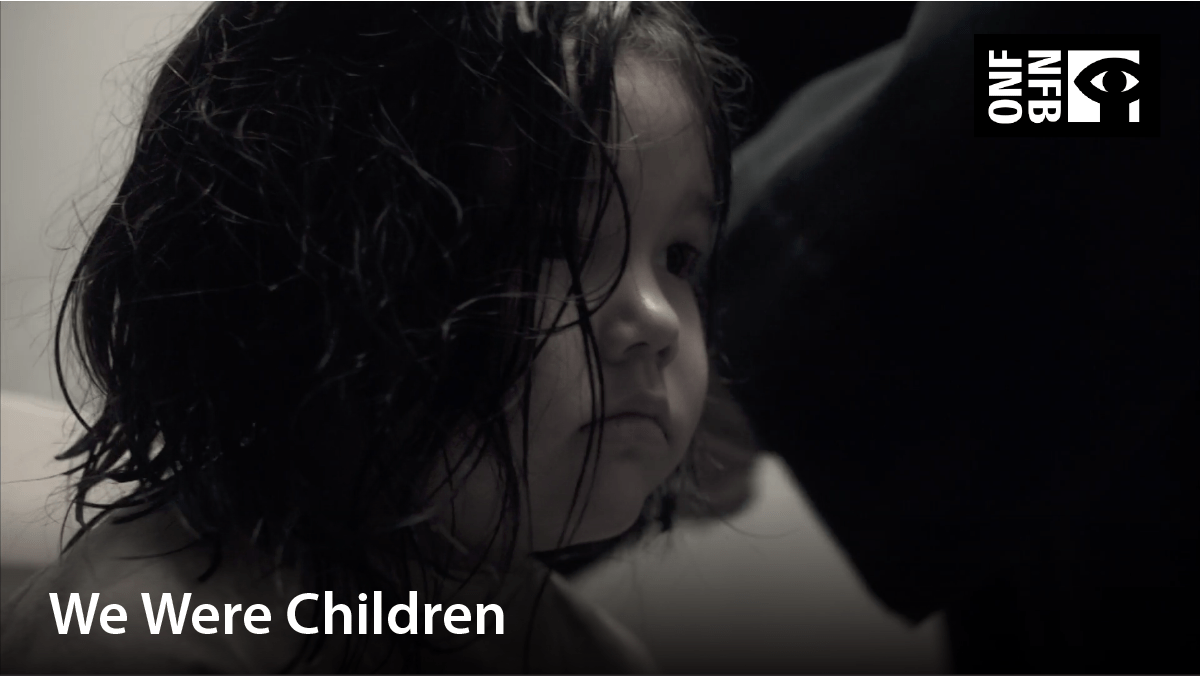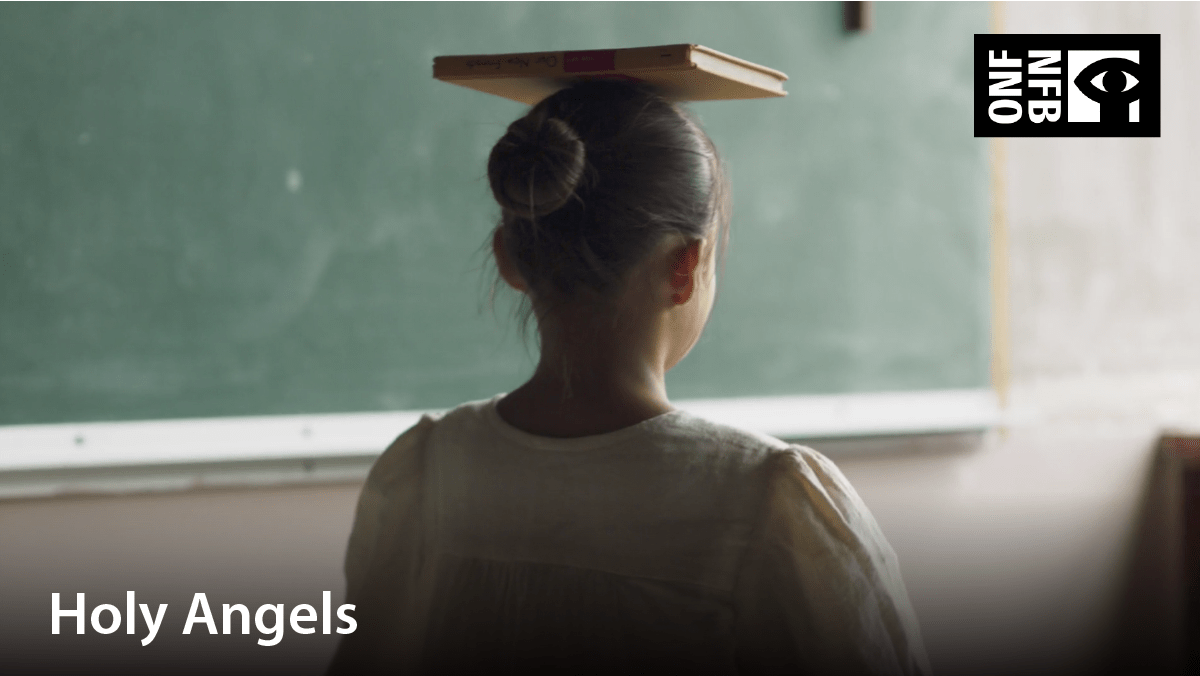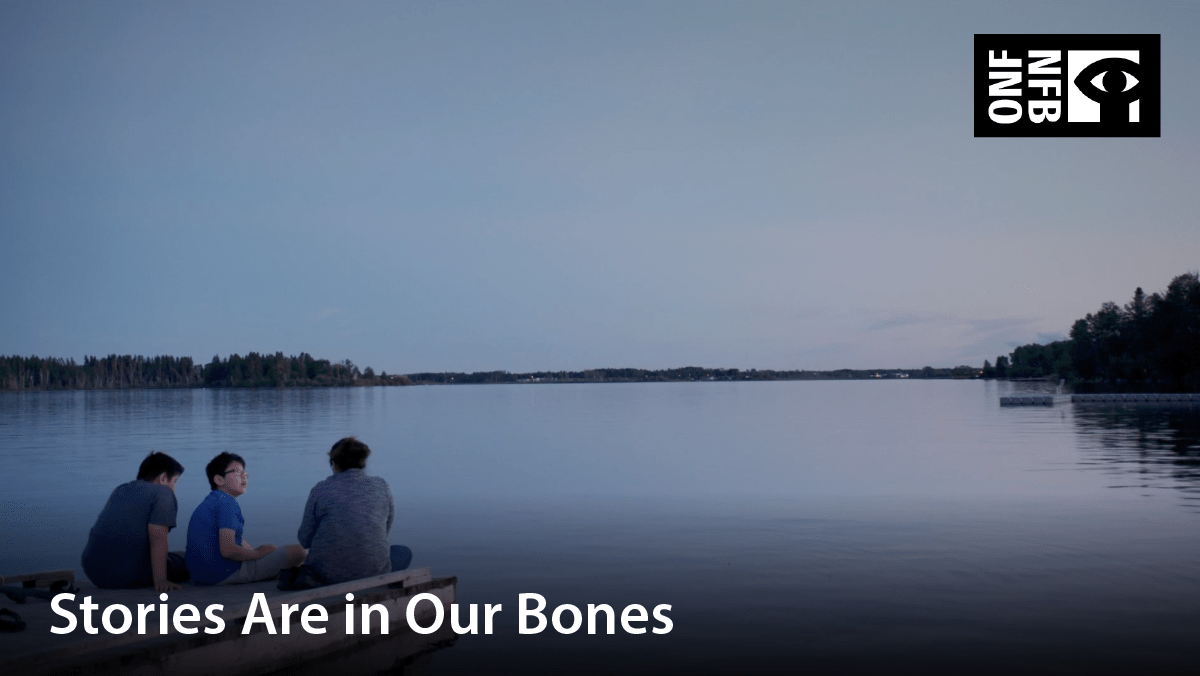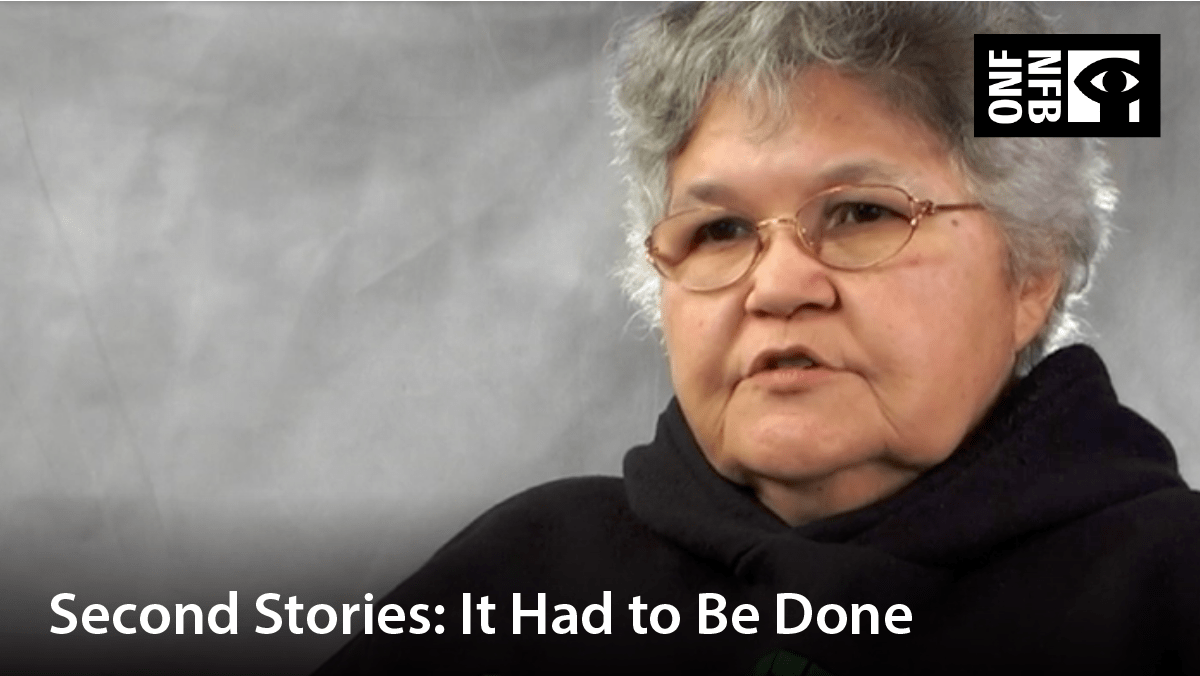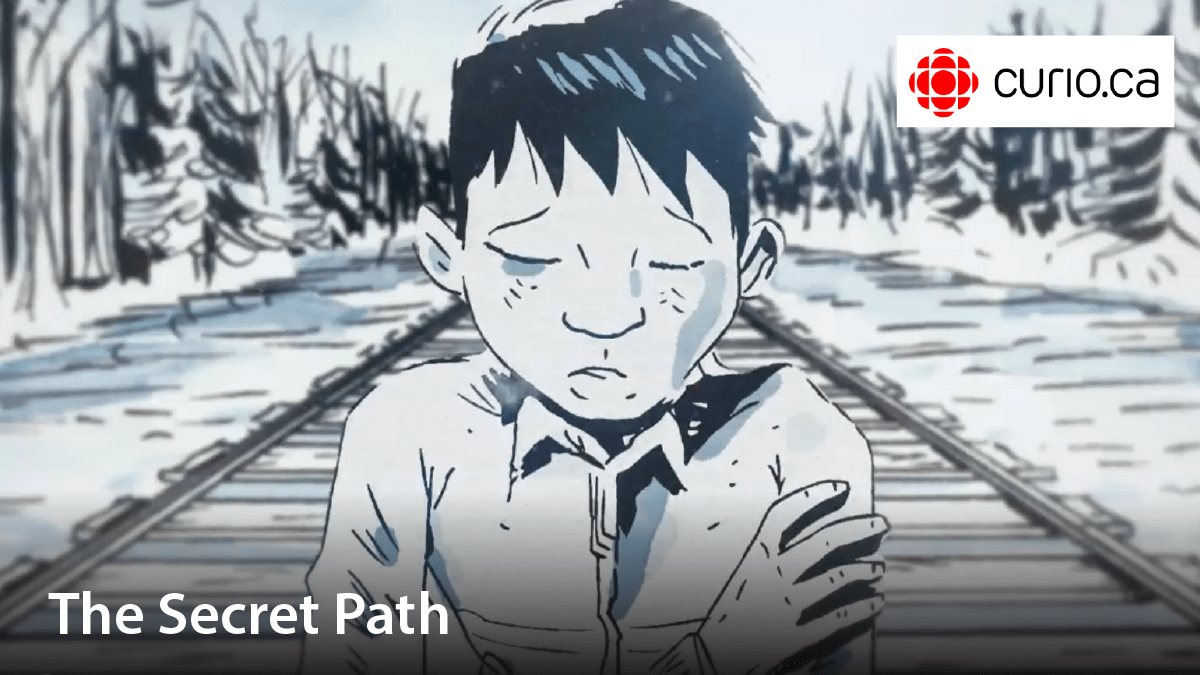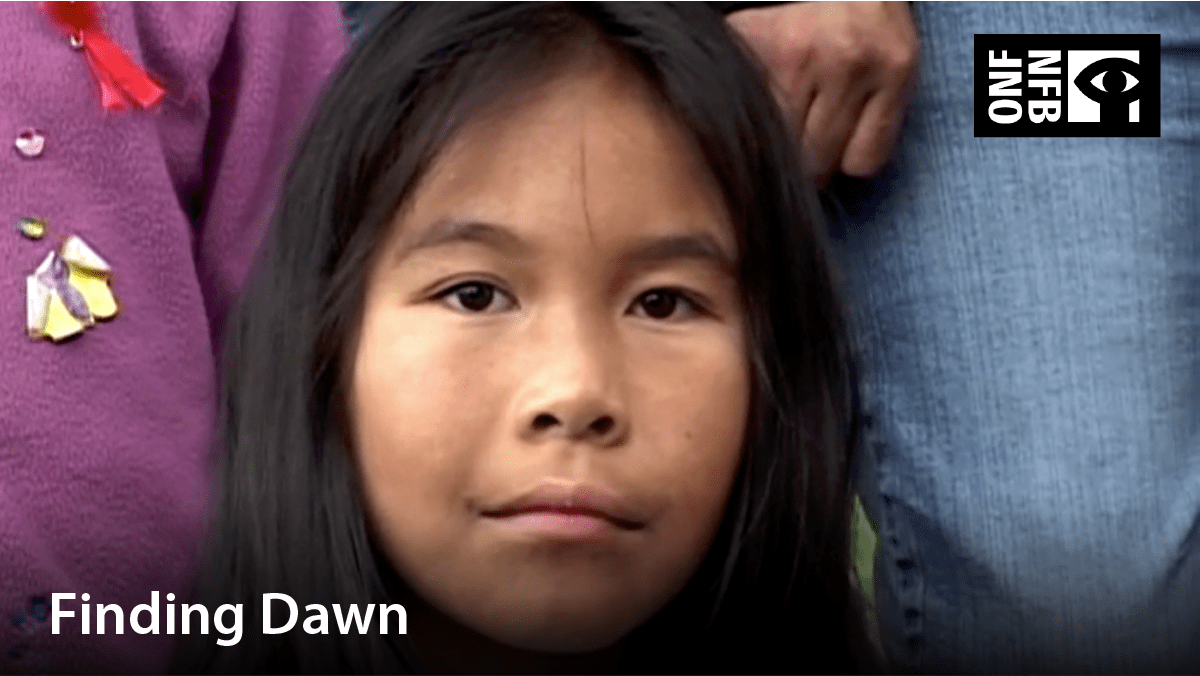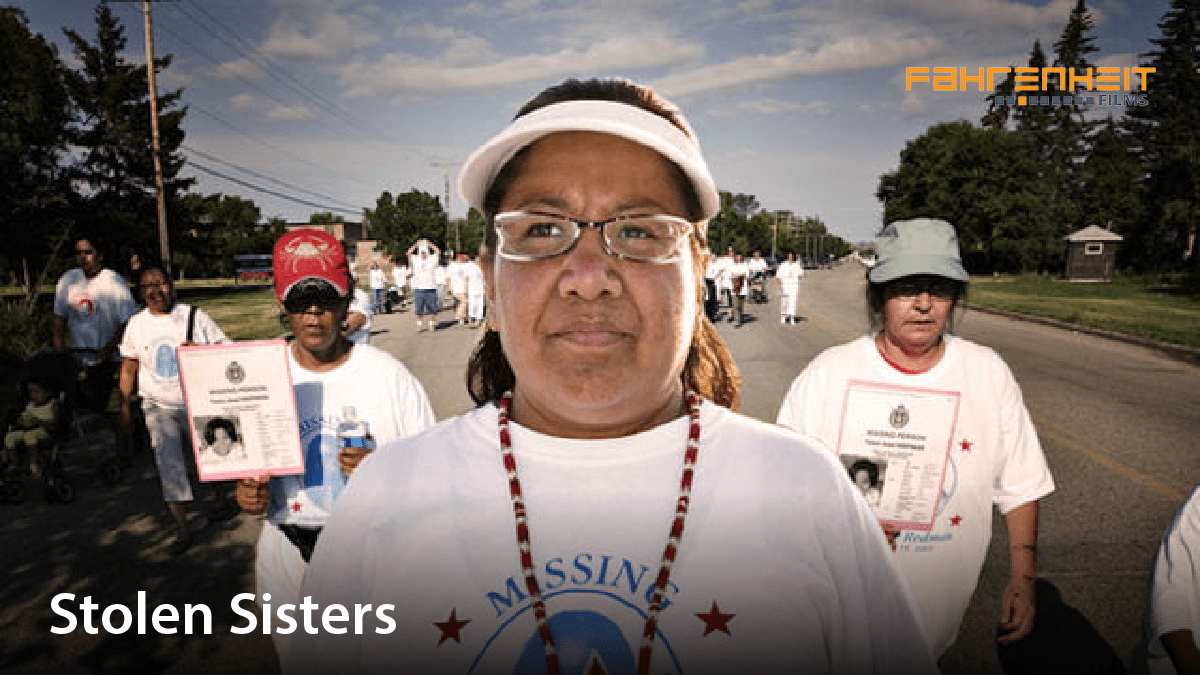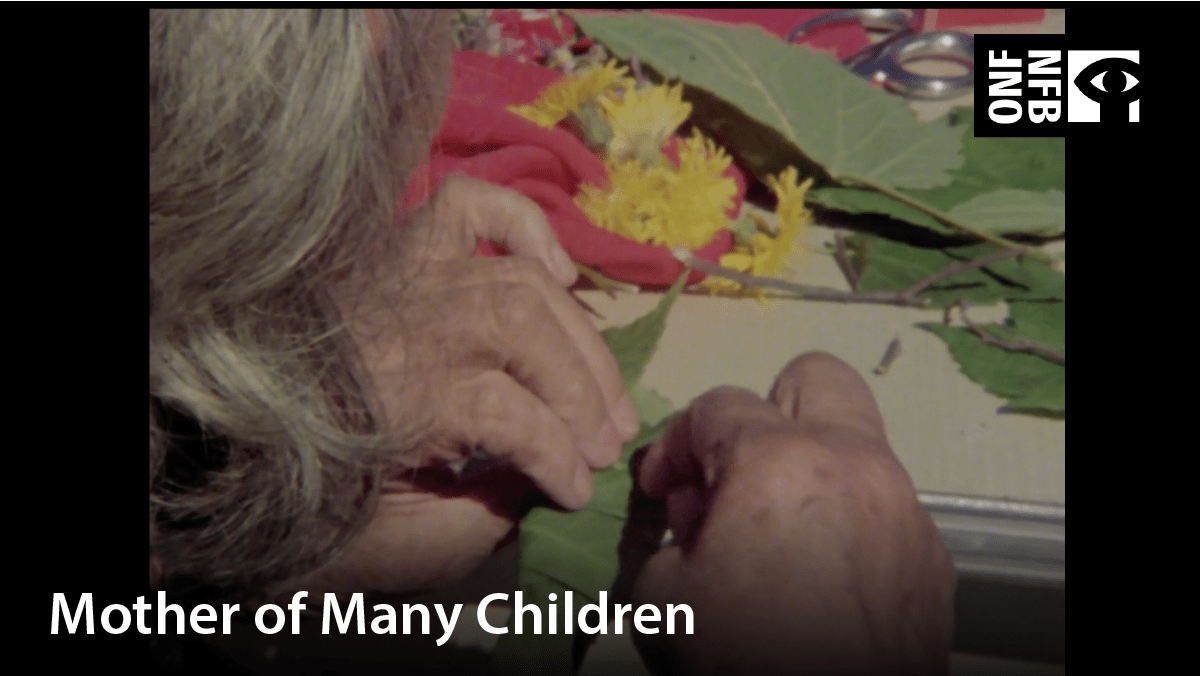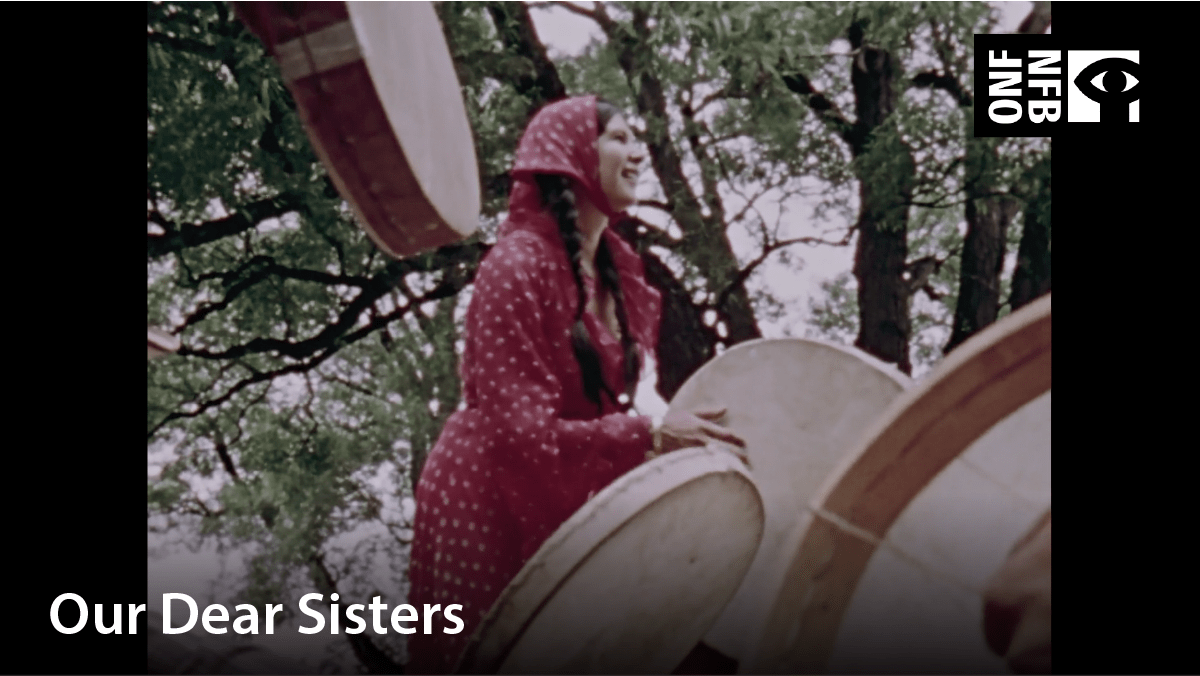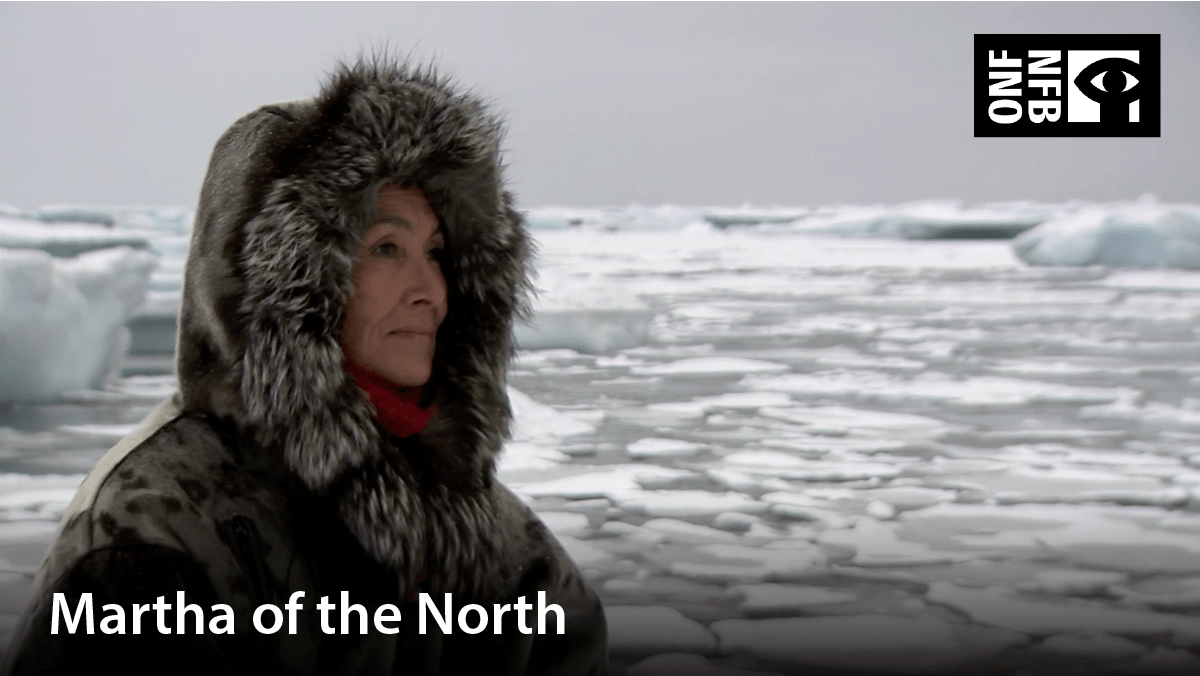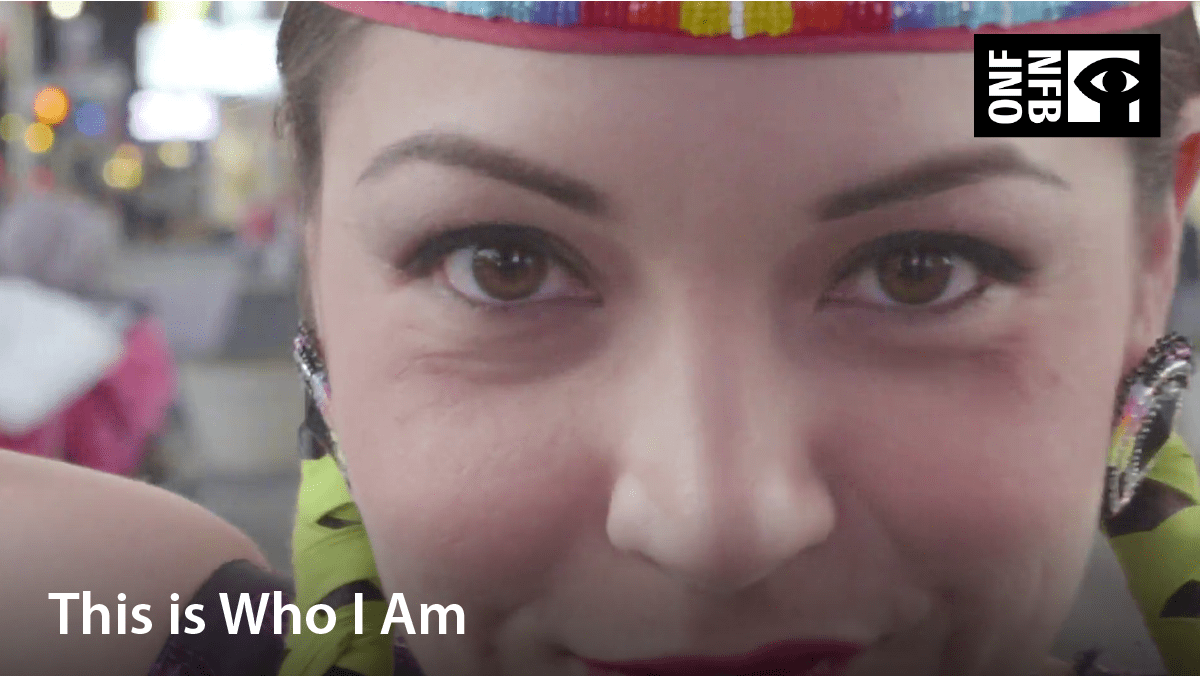Cinematic Journeys Through Truth and Reconciliation Week
In honour of Truth and Reconciliation Week (Sep 28 – Oct 2, 2020), RRC Library has compiled three “cinematic journeys” that address topics central to this annual event. The first two collections (“cinemas”) portray residential school experiences and stories of violence against Indigenous women — serious and sensitive topics that may disturb some viewers. The third cinema is a tribute to Indigenous women, revealing the strength, honour, and respect they bring to families and society as a whole. Through real-life stories and perspectives, these films are intended to encourage understanding and participation in the healing process of Truth and Reconciliation.
Explore Further
We encourage you to explore beyond these films by visiting the Truth and Reconciliation webpage developed by RRC’s School of Indigenous Education. Also of interest are the Library’s Indigenous Education Guides and the National Film Board’s listing of Indigenous Cinema.
Cinema 1: Residential Schools
We Were Children (2012, 1 h 23 min) The profound impact of the Canadian government’s residential school system is conveyed through the eyes of two children who were forced to face hardships beyond their years. We Were Children gives voice to a national tragedy and demonstrates the incredible resilience of the human spirit.
Holy Angels (2017, 13 min) A powerful portrayal of Canada’s colonialist history using impressionistic images and the fragmented language of a child. Filmed with a fierce determination to not only uncover history but move past it, Holy Angels speaks of the resilience of a people who have found ways of healing—and of coming home again.
Stories are in Our Bones (2019, 11 min) Filmmaker Janine Windolph takes her young sons fishing with their kokum (grandmother), a residential school survivor who retains a deep knowledge and memory of the land. Reconnecting with their homeland is a cultural and familial healing journey for the boys, who are growing up in the city. It’s also a powerful form of resistance for the women.
Second Stories – It Had to Be Done (2008, 22 min) Explores the legacy of residential schools through the eyes of two extraordinary women who not only lived it, but who, as adults, made the surprising decision to return to the school that had affected their lives so profoundly. This intimate and moving film affirms their strength and dignity in standing up and making a difference on their own terms.
The secret path (2016, 1 h) This powerful animated film tells the story of Chanie Wenjack, a 12-year-old Ojibwa boy who died of exposure in 1966 while running away from Cecilia Jeffrey Indian Residential School near Kenora, Ontario.
Cinema 2: Violence Against Indigenous Women (MMIWG)
Finding Dawn (2006, 1 h 13 min) Acclaimed Métis filmmaker Christine Welsh brings us a compelling documentary that puts a human face on a national tragedy – the epidemic of missing or murdered Indigenous women in Canada.
Stolen Sisters (2007, 43 min) Stolen Sisters takes viewers inside this contentious issue, from the rolling farmland of Saskatchewan to the haunting depths of the dark alleys in Vancouver’s dangerous Hastings district. You will hear the stories of the missing and witness one family’s desperate search for their loved one.
Cinema 3: Honouring Indigenous Women
Mother of Many Children (1977, 57 min) Alanis Obomsawin honours the central place of women and mothers within Indigenous cultures. An album of Indigenous womanhood, the film portrays proud matriarchal cultures that for centuries have been pressured to adopt the standards and customs of the dominant society.
Our Dear Sisters (1975, 14 min) Alanis Obomsawin, a North American Indian who earns her living by singing and making films, is the mother of an adopted child. She talks about her life, her people, and her responsibilities as a single parent. Her observations shake some of our cultural assumptions.
Martha of the North (2008, 1 h 23 min) In the mid-1950s, lured by false promises of a better life, Inuit families were displaced by the Canadian government and left to their own devices in the Far North. In this icy desert realm, Martha Flaherty and her family lived through one of Canadian history’s most sombre and little-known episodes.
This Is Who I Am (2018, 11 min) A young First Nations woman struggles with her identity in the big city. After a series of events, she realizes she can still be Anishinaabe, and in fact, it is her responsibility.
Written by Linda Fox–Library Technician, Program Support and Promotion

